KP Oli has become the 1st prime minister of the country after the implementation of federalism. Subsequently, the two major leftist parties have formally entered the unification process. In this occasion, it is important to analyze the effect of unification, what does it imply and the consequences. After the historic elections, the political course of the country has definitely taken the new direction.
The leftists swept the crucial elections. The pre-poll alliance between the separate leftist force with the promises of unity after the election and stable government, worked out very well. In fact, it did so much better that results were unexpected even for those who orchestrated the alliance. One of the factors behind the results could be the short period of gap between local level election and subsequent election for provincial assembly and federal parliament together.
The voters in the last election remained intact, except the few cases. The result of the local level election was in favor of leftists, although they were not united then; the same result transformed into the comfortable win for leftists in the following election. Amidst speculation by so called democratic force that alliance wouldn’t work and their vote as separate party wouldn’t accumulate into deciding vote; the formula of pre-poll alliance of leftists did work. After the results, leftists came under immense pressure to fulfill their promises of unity as the election verdict had mandated that. The people who voted for them would be betrayed if unification didn’t materialize. And, leftist leaders must have understood this very well. Any kind of deviation from their pre-poll ideals could be devastating for themselves.
After the emergence of Maoists in the peaceful politics, they transformed themselves from hardliners to agitator parliamentarian.While they could not hold up to charisma they once possessed, they did persevere to issue of identity in some extent. Except some unsettling behavior in the parliament and road; and political stunt by Prachanda, their political journey has been progressive. However, there have been various speculations about their true intentions.
The biggest opportunity for such speculations was provided by Prachanda government’s (inclusive of UML) decision of firing then Army Chief Rukmangat Katuwal in 2009, which was not approved by President. This event led to the resignation by Prachanda from the post of prime minister. The votes of Maoist continued to deplete, threating its existence. On the other hand, UML has practiced parliamentary politics for almost three decades now and surprisingly, it has remained conservative. From fervent verbal attack upon Maoists when it landed in peaceful process to opposing the federalism, issues of identityand most of present achievements, it slowly climbed to the position of self-declaring itself- “the protector of nationalism”.
The unofficial Indian blockade during unrest of Madhesh in 2015 provided ample opportunity for then prime minister (also the present prime minister) and the chairman of UML, KP Oli to experiment with nationalism and the cadres of UML were out in the street with “I am with KP Oli !” placards. The blockade turned KP Oli into the nationalist figure overnight. UML, under the leadership of KP Oli, entered into the new era of party-politics. However, the hunger for power was evident in UML, which could even affect unified party. If we look into the history, UML hasn’t enjoyed much of a time in power after 1990. It has led an alliance government and that too, for a very little time under five different prime ministers. Hence, could be the reason behind power-grasping attitude within the ranks of UML.
The present need of the country is that government formulate the realistic programs and policies which helps to reduce the gap between the rich and poor and promote the participatory form of governance. Also, healing of the wounds of conflict is necessary which has taken a backseat. When we evaluate the political contribution of parties in Nepal, we can find that UML has championed populism.
Under the leadership of unified leftist party (Communist Party of Nepal), there is a possibility of country spiraling down towards the path of oligarchy. But, this time, leftists have no option but to deliver good governance. On the other hand, when it comes to democracy; Congress has led from the front for its protection and promotion. It is still the biggest force, besides leftists. However, Congress has shown tremendous weakness in running the country in several occasions.
The misuse and greed of power has seriously tampered the image of Congress. It will take a herculean task from Congress to construct itself as the substantial democratic force and attract leftist vote bank. If leftist unification is shattered in any way, there may still be space for Congress and Maoists to come together again; as‘progressive alliance’ projecting themselves as true bearers of new Nepal.
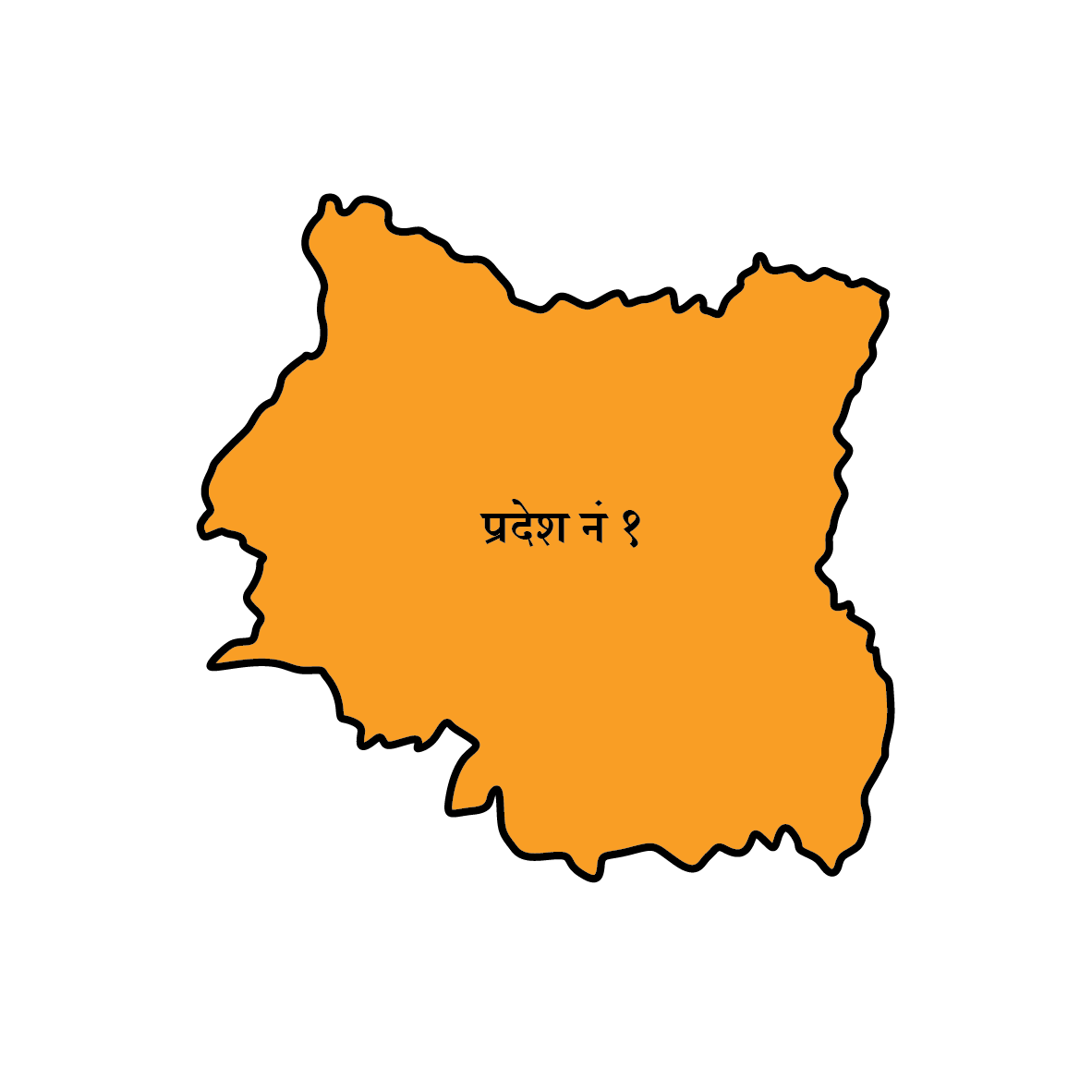 कोशी प्रदेश
कोशी प्रदेश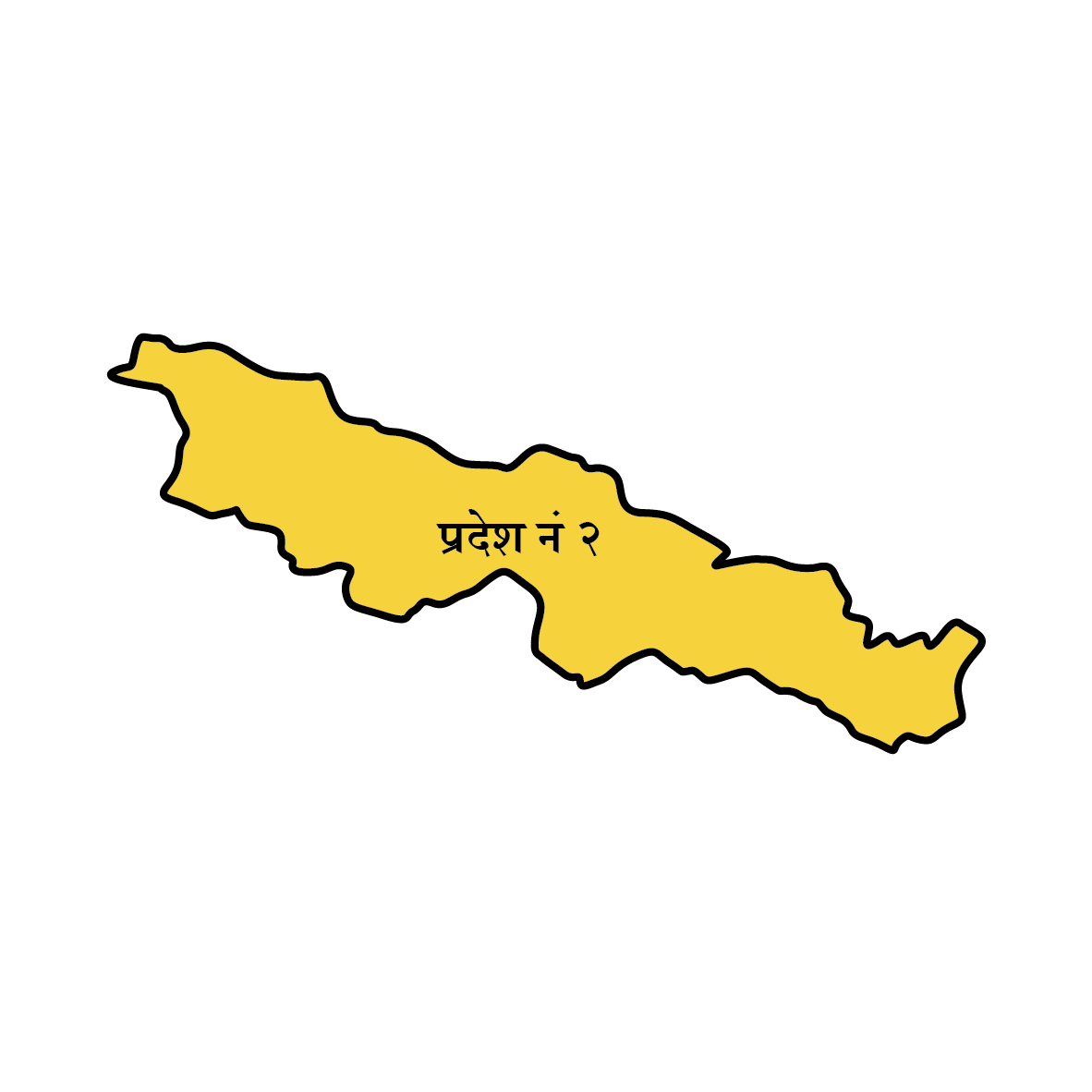 मधेश प्रदेश
मधेश प्रदेश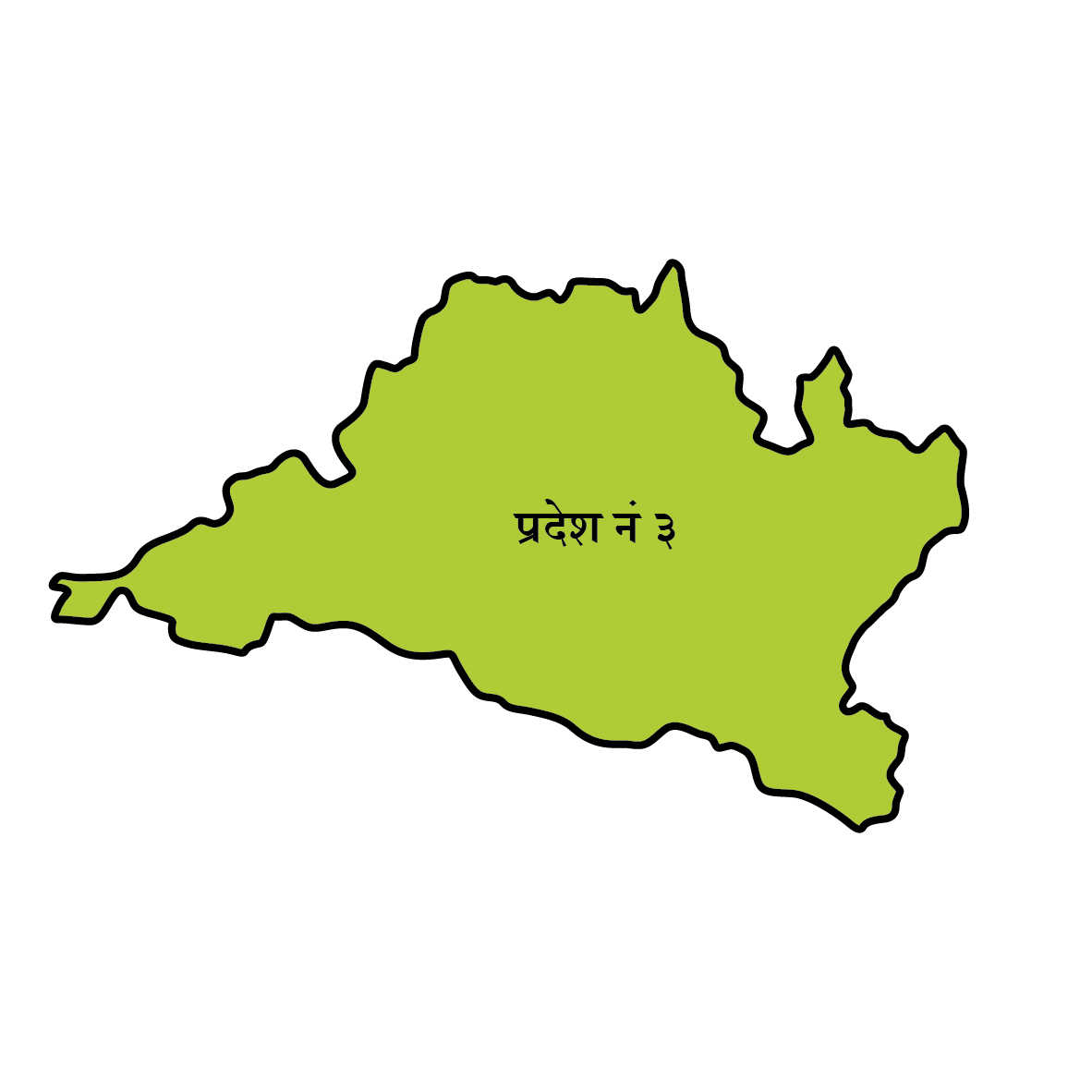 बागमती
बागमती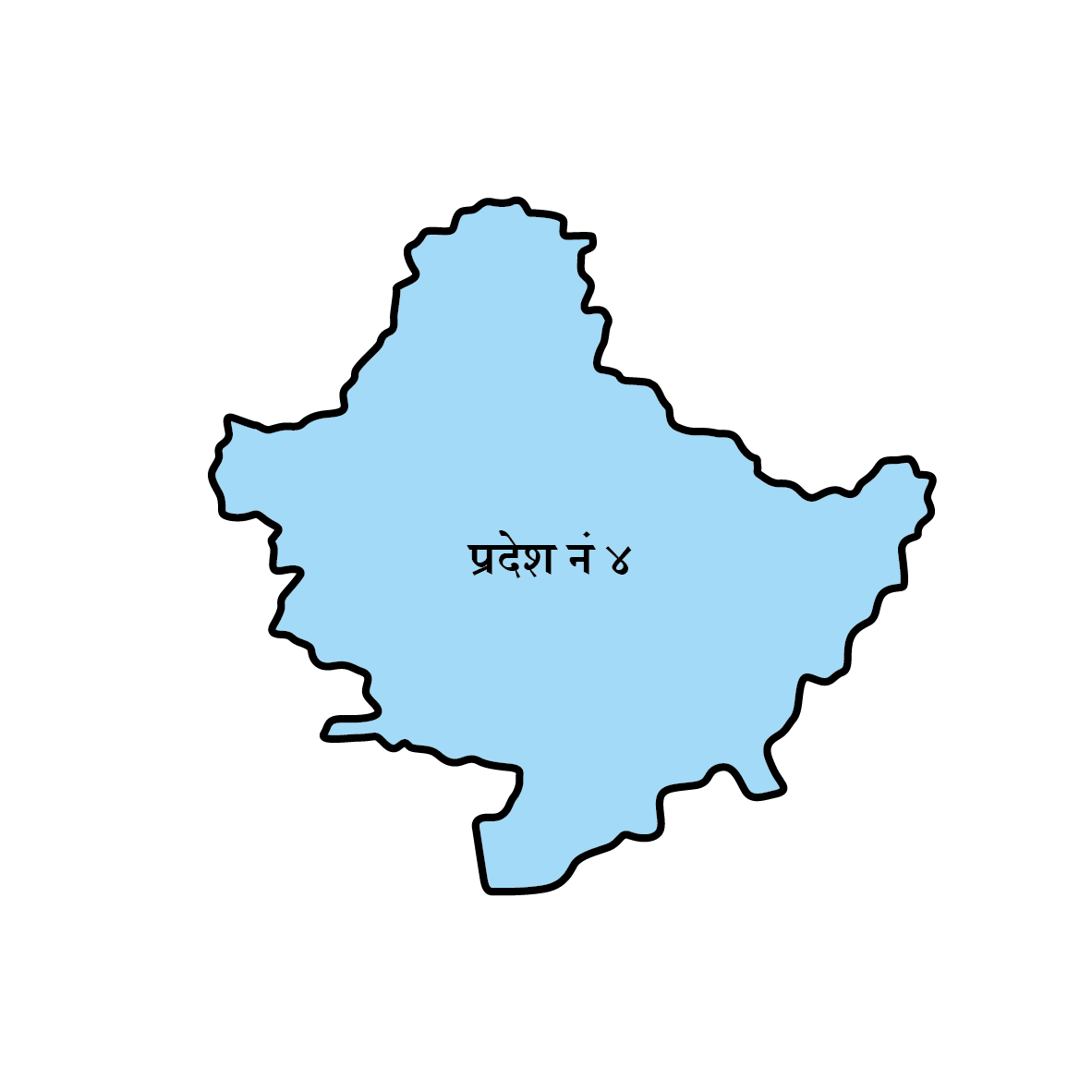 गण्डकी
गण्डकी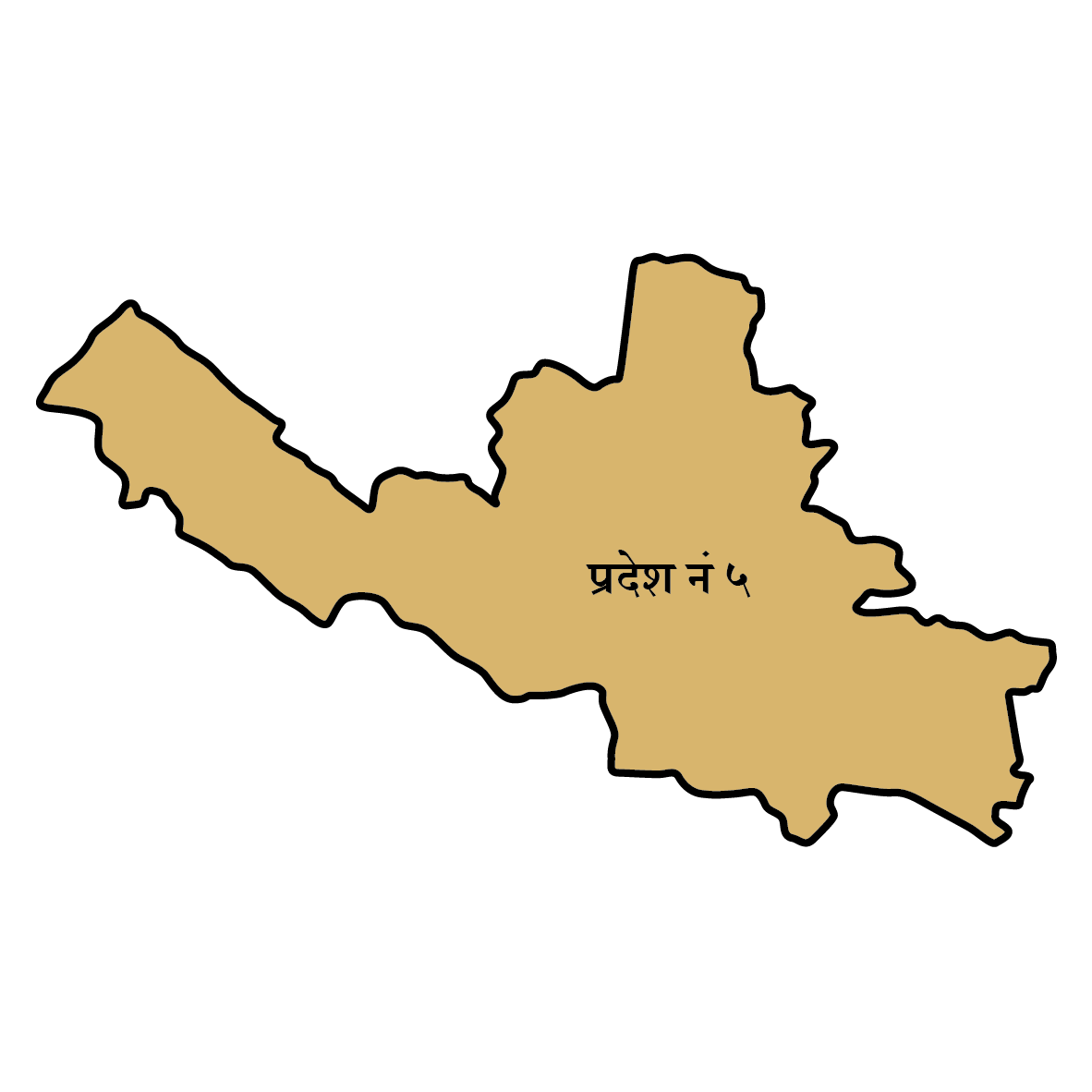 लुम्बिनी
लुम्बिनी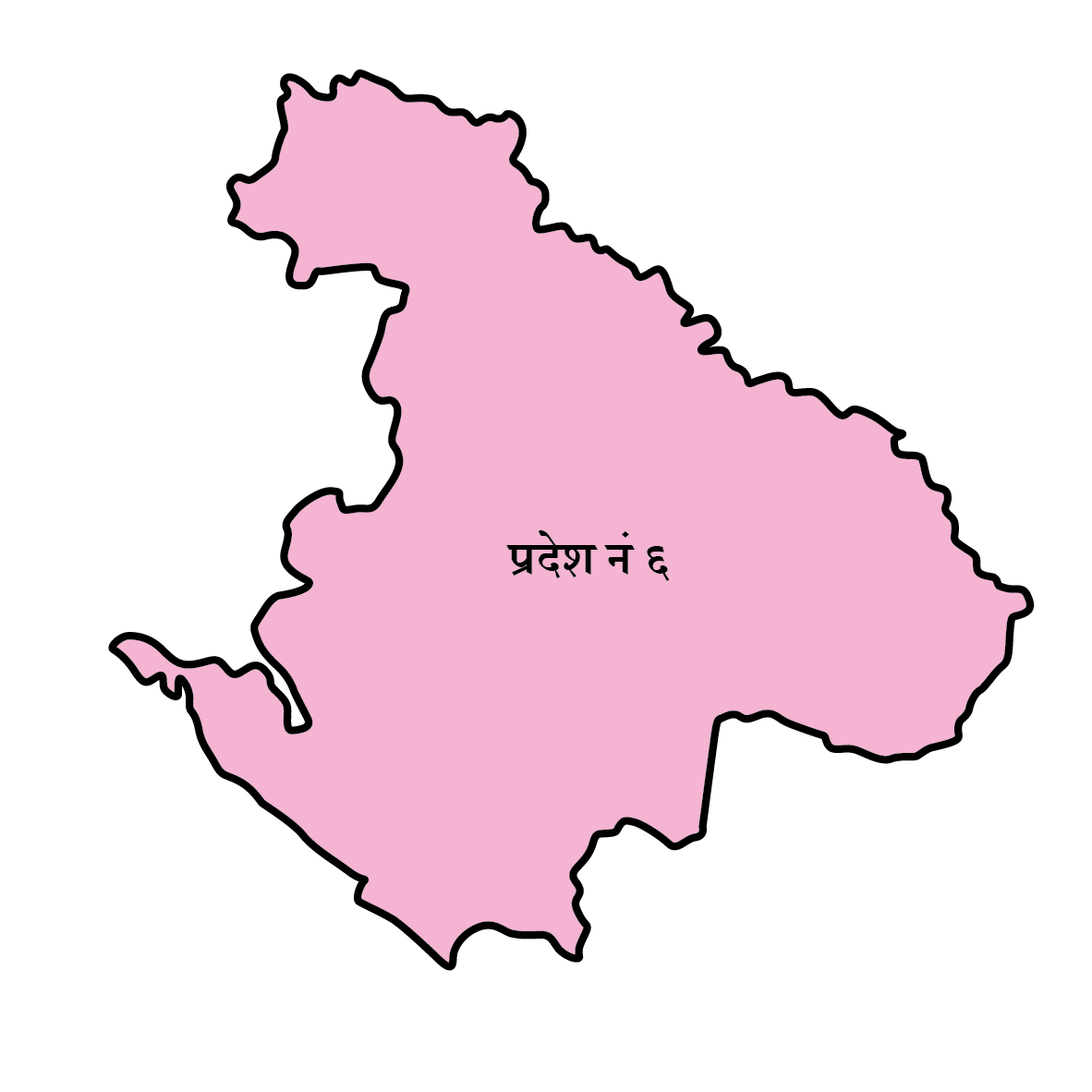 कर्णाली
कर्णाली 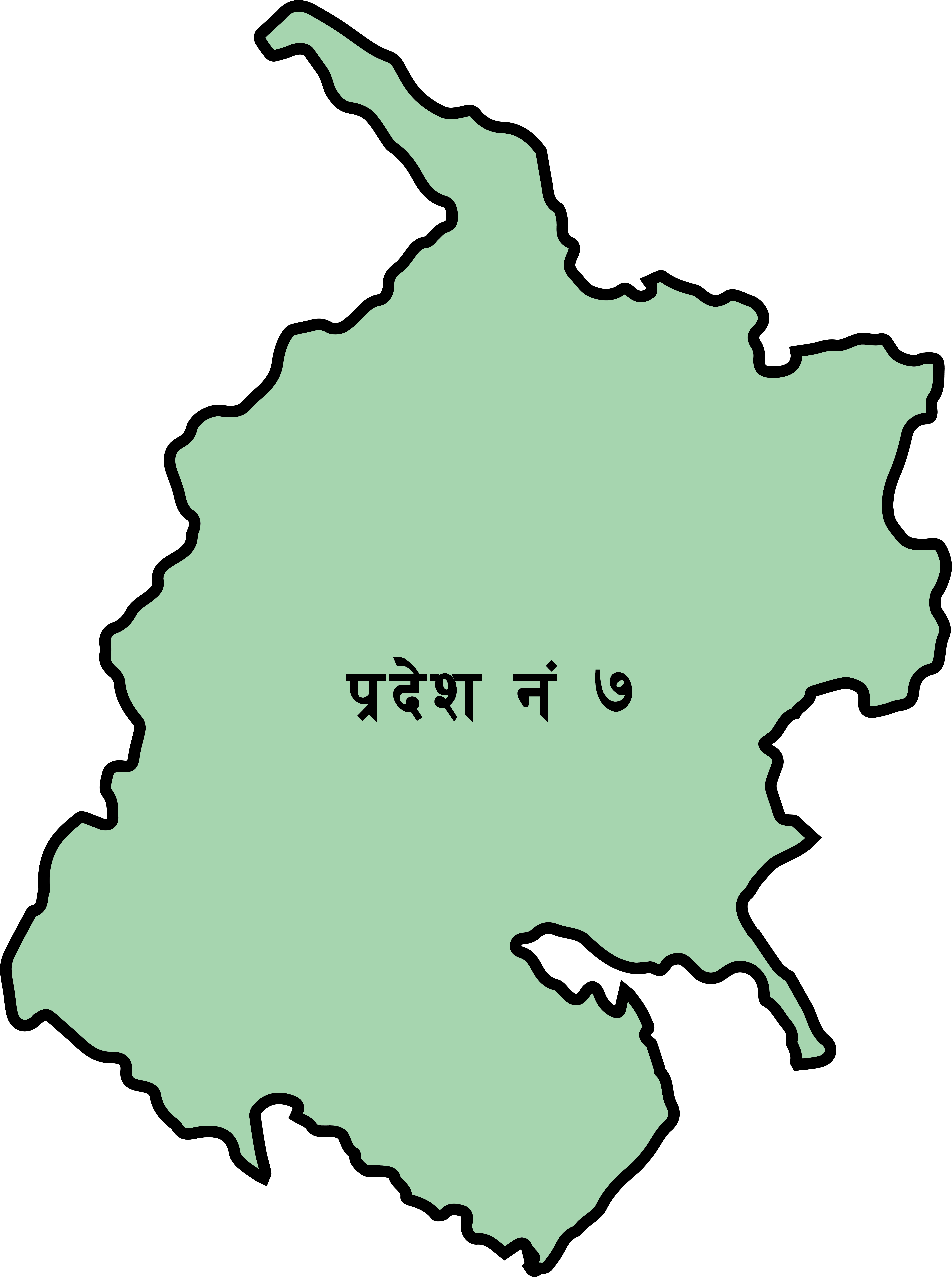 सुदूरपश्चिम
सुदूरपश्चिम
















